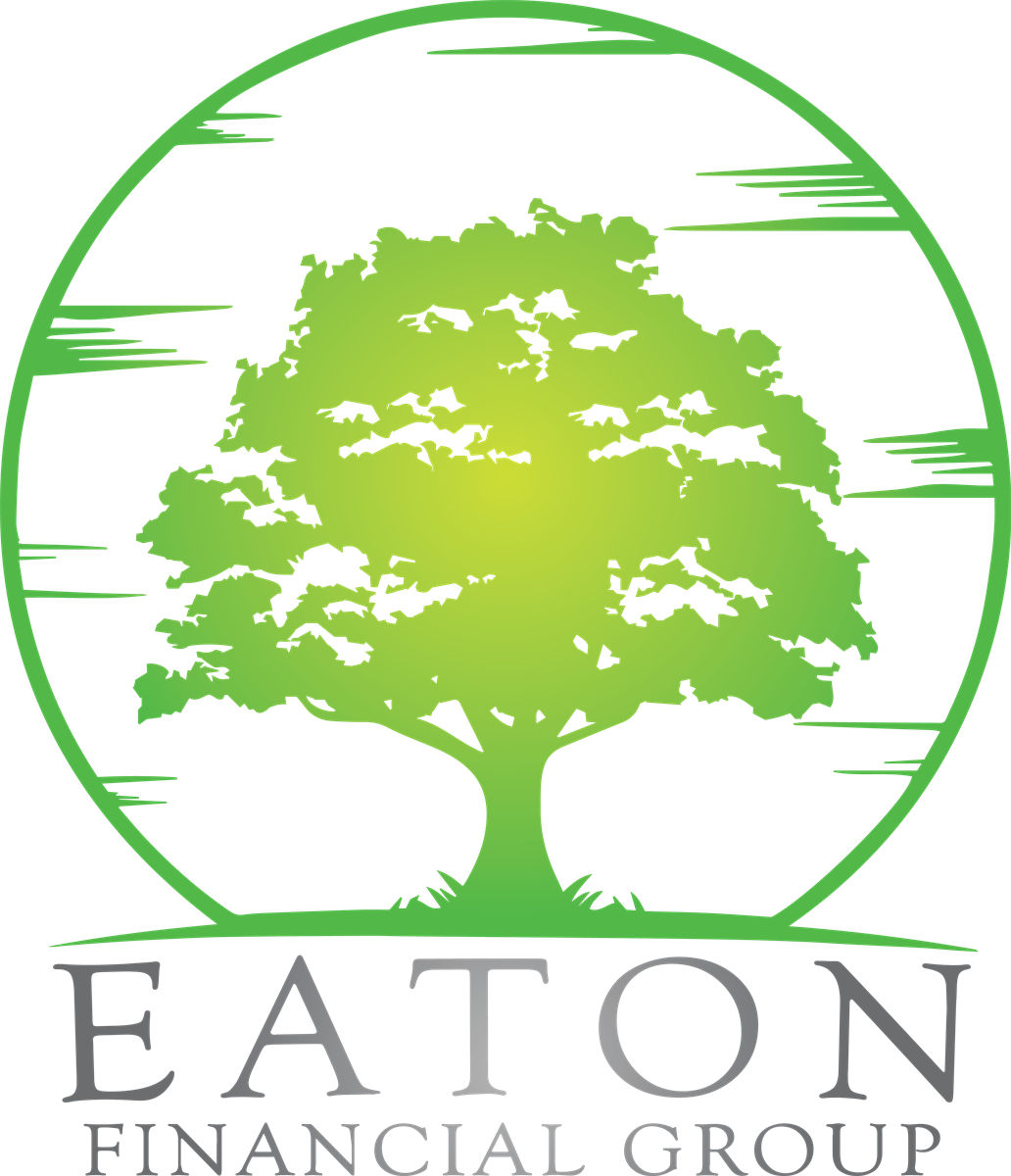January 12, 2023
Article from Moneygeek.com, interviewed on handling debt. Moneygeek focuses on expert driven advice to help consumers enhance their financial decision making. ***
Douglas Eaton – Debt – MoneyGeek.com
What behaviors can consumers adopt, regardless of their debt loads or socioeconomic circumstances, to begin alleviating their debts?
The initial behavior should not be one of deprivation or “have to. ”
They should start with their “why.” In other words, their mission statement should include what is important about my money and why, and then they may begin to address this issue.
Whether wealthy or poor, people may have debt-related issues resulting from numerous situations.
As mentioned above, the first “behavior” they may adopt is a commitment to their financial wellness and alleviating this stressor.
The next step will be to develop an action plan to pay down their highest-interest debt and work their way through the problem. If help is desired, get some from a professional or even online. There are numerous resources.
Paying off all the debt will be a great outcome, but the real win is in simply making the commitment, getting started, and getting started on their journey.
If someone is in a low-income job and feels trapped in a debt cycle, what might a path out of that situation look like?
Bankruptcy should always be a last resort. This is the equivalent of essentially using the legal process to have your debts wiped clean.
This has long-term implications for your ability to obtain credit. In addition, some employers and others doing background checks on you, such as auto and property insurers, will consider this a negative factor in doing business with you.
The path to debt reduction starts with a commitment to simply reducing debt. Making the task too big, such as eliminating all debt or being able to make a big purchase, may not be realistic at first and will also create undue pressure.
Don’t try to boil the ocean! Working to find a better job, say with 10 or 15% more income, and simply using that extra income to pay debt along with reducing an expense or two in the household makes all the difference in getting started with a plan, no matter what your circumstances.
Commit to using what you have, starting where you are and doing your best. That goes a long way!
What are the best steps consumers can take to reduce their dependence on debt and avoid accumulating high debt in emergencies or other unexpected situations?
Make a commitment to building your cash reserves. Not every dollar you have needs to be invested in the stock market or other investments.
Pay yourself first and build up a nest egg. This means taking a certain portion of your weekly paycheck and taking it away somewhere you will not spend it. If this is the first “bill” you pay, then you commit not to increase your debt; this is a productive starting point.
Then, when the inevitable happens, at least you will be prepared and will not have first to stop using the family credit card.
Sometimes debt is unavoidable, such as in a medical emergency. If this happens, you must simply work with the provider to negotiate a settlement, which they will often allow to avoid you simply defaulting and not paying them anything.
If a consumer decides to pursue debt consolidation, credit counseling or bankruptcy, what should they look for in the companies and professionals they hire to help them? What are some red flags vs. signs of trustworthiness and effectiveness?
Numerous companies and government organizations are in a position to assist with this. However, there are, unfortunately, many bad actors.
The first thing to do is to list all the providers you will contact and ask them for free information. If there is a sales process right up front or any pressure, that is a red flag, and you should walk away.
Then, once you have a list, go to your state’s Attorney General and Better Business Bureau to determine whether they have complaints. Even if there is no compliance, do not consider this a guarantee that they are the best ones for you; it is a way to screen out the really bad ones.
In addition, if you are even considering bankruptcy, there is an organization called the United States Trustee Program that provides pre-bankruptcy counseling.
What questions do you need to have answered to get started and, of course, to feel comfortable?
What are your services? For instance, they provide budget counseling and classes. Avoid any organization that pushes a debt management program as its first step. Ask for some free information.
Ask what their commitment is to your current situation and future success. You want to see that somebody’s committed to your financial wellness.
What are your fees? To paraphrase Mark Twain’s words, “it is easier to trust someone when you know how they make money.”
***We have not been compensated by moneygeek.com for our article or for mentioning them here.

